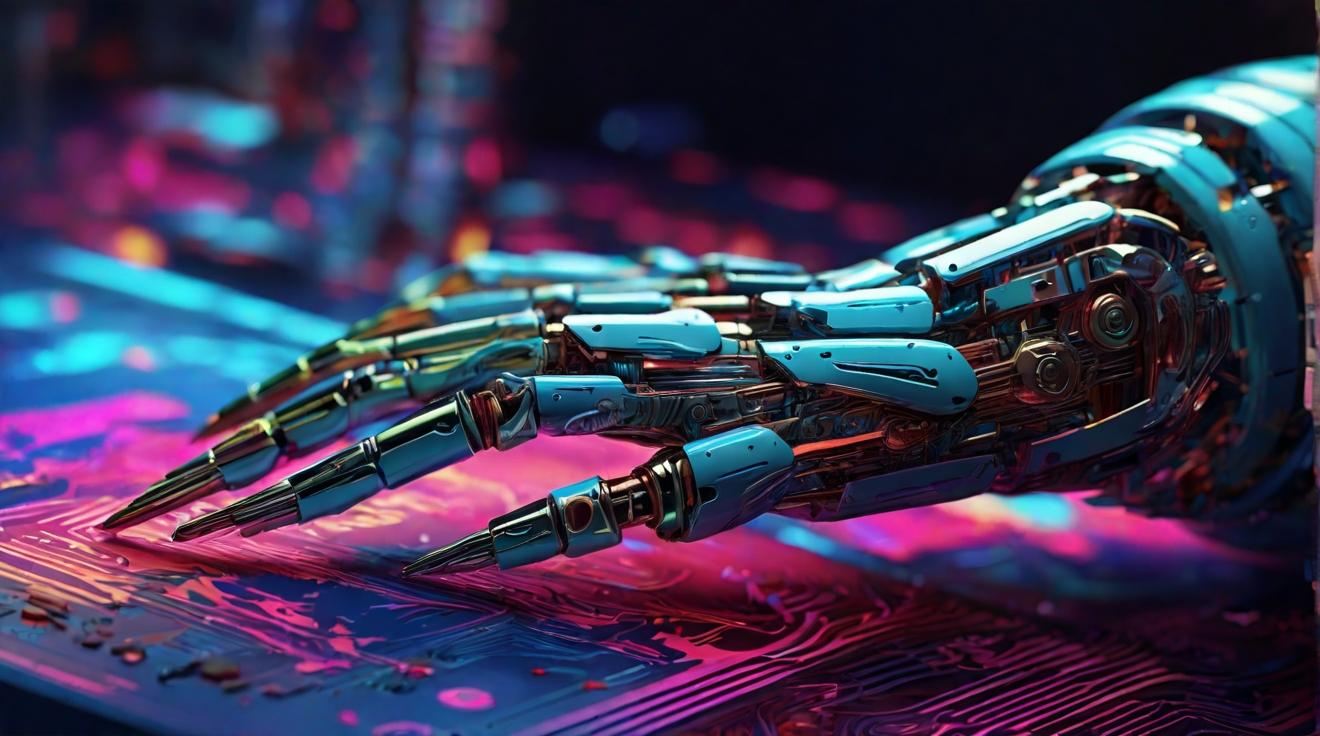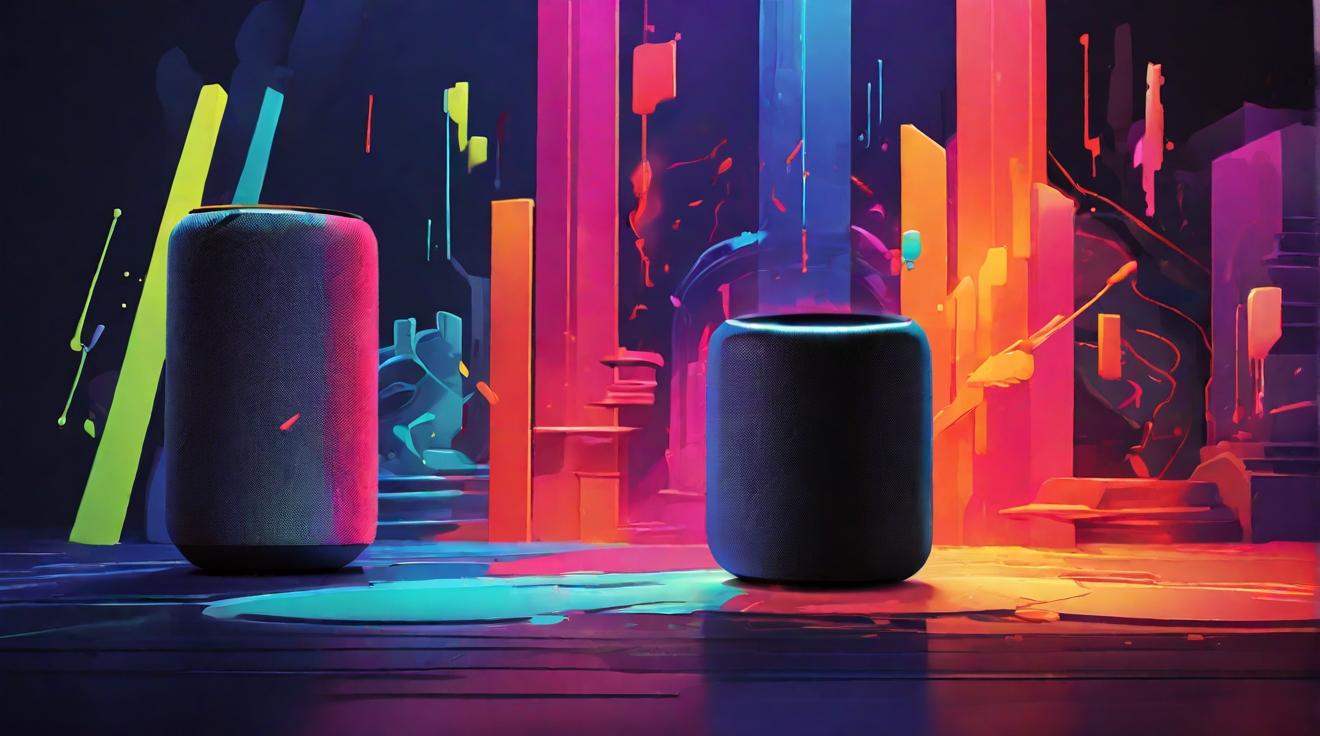U.S. Copyright Office Approves Landmark Copyright for AI-Assisted Novel
In an unprecedented move, the U.S. Copyright Office has acknowledged the contribution of artificial intelligence in the realm of literary creation by granting a copyright registration to Elisa Shupe, a retired U.S. Army veteran. Shupe's novel, "AI Machinations: Tangled Webs and Typed Words," stands out as it intricately weaves OpenAI's ChatGPT technology into its narrative structure. This groundbreaking decision marks one of the first instances of creative works incorporating AI-generated text to be officially recognized, albeit with a critical distinction. Shupe has been credit ed, specifically, for her role in the "selection, coordination, and arrangement" of the AI-generated content, rather than the authorship of the text itself.
Operating under the pen name Ellen Rae, Shupe embarked on this journey in October 2022, when she first sought copyright protection. She petitioned for an Americans with Disabilities Act (ADA) exemption, citing her cognitive impairments as a pivotal reason for employing AI to aid her in the creative process. Initially facing rejection, Shupe's perseverance led to a successful appeal, resulting in a nuanced copyright registration that nuances the emerging discourse on authorship in the digital age.
This decision casts a spotlight on the U.S. Copyright Office's ongoing struggle with the evolving definition of authorship amidst the advent of AI technologies. It raises imperative questions about the extent of copyright protection available for AI-assisted works, navigating the grey areas of intellectual property law in the digital era.
Shupe's case is emblematic of a broader conversation about the intersection of technology, creative expression, and legal frameworks. It underscores the need for a reevaluation of copyright laws to accommodate the innovations stemming from the AI revolution, ensuring that creators who utilize such technologies in their work can secure rightful protection and recognition for their efforts.
As legal authorities and the creative community grapple with these complex issues, the copyright registration of "AI Machinations: Tangled Webs and Typed Words" serves as a watershed moment. It not only acknowledges the instrumental role of AI in creative processes but also sets a precedent for future copyright considerations for AI-assisted creations.
Analyst comment
Positive news. As an analyst, this landmark copyright approval for an AI-assisted novel signifies the recognition of AI’s contribution to literary creation. It highlights the need for a reevaluation of copyright laws to protect and recognize creators who utilize AI technologies. This decision sets a precedent for future copyright considerations in the digital era, ensuring creators can secure rightful protection and recognition for their AI-assisted works. The market for AI-assisted creations is expected to grow as confidence in legal frameworks increases.













